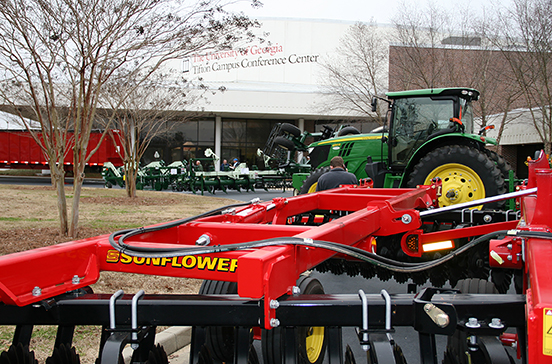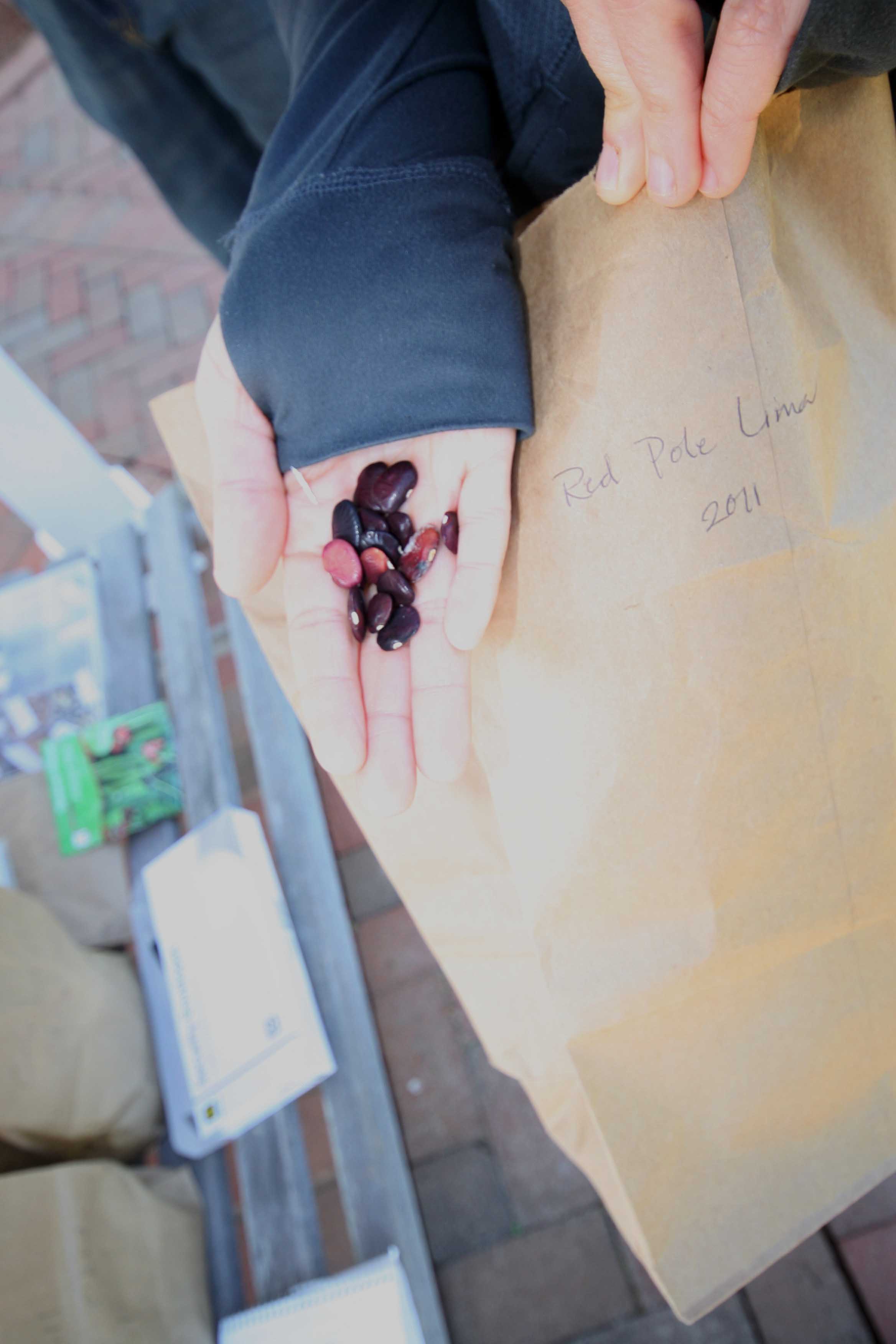 CAES News
CAES News
Organic Seeds
The market for organic produce increases every year as does the number of farmers stepping up to meet that demand, but the number of seed companies catering this growing market is still relatively limited.

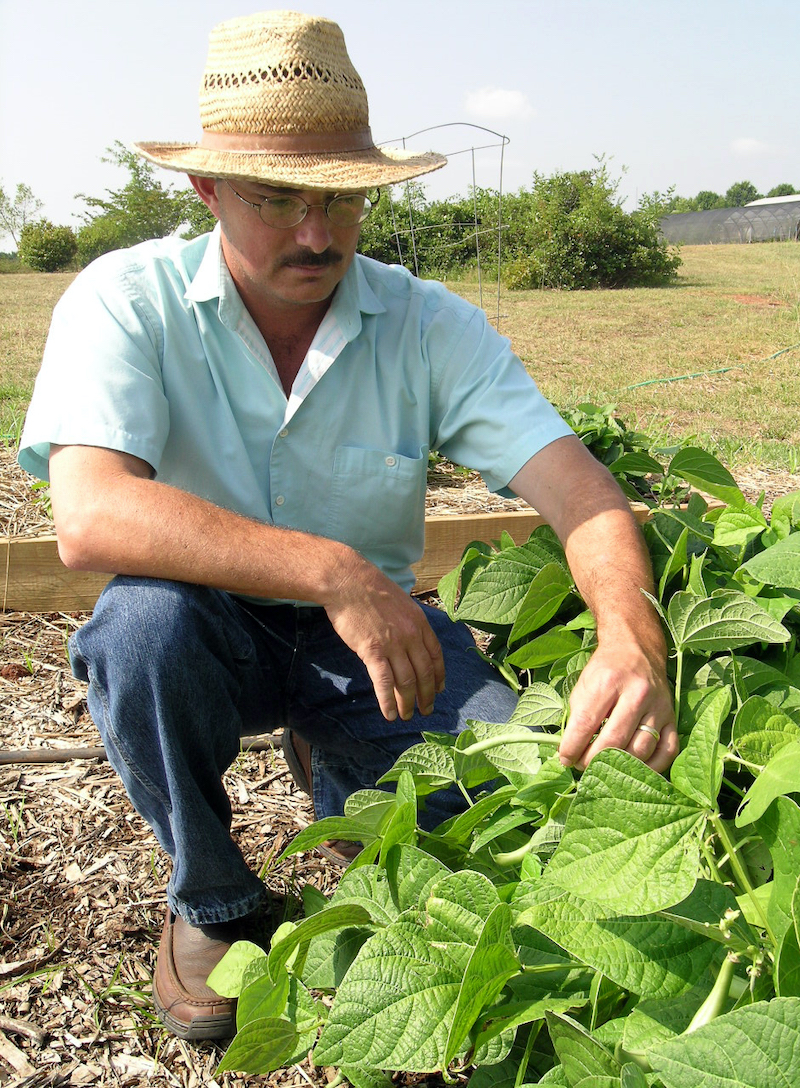
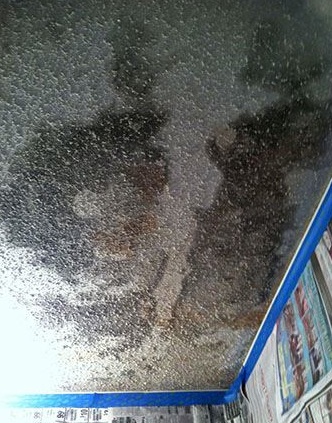
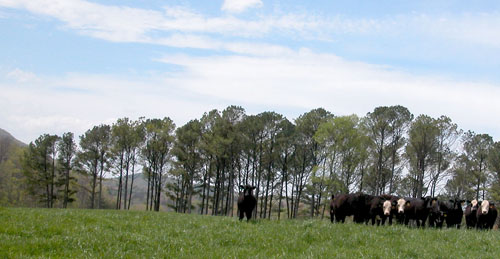
.jpg)


